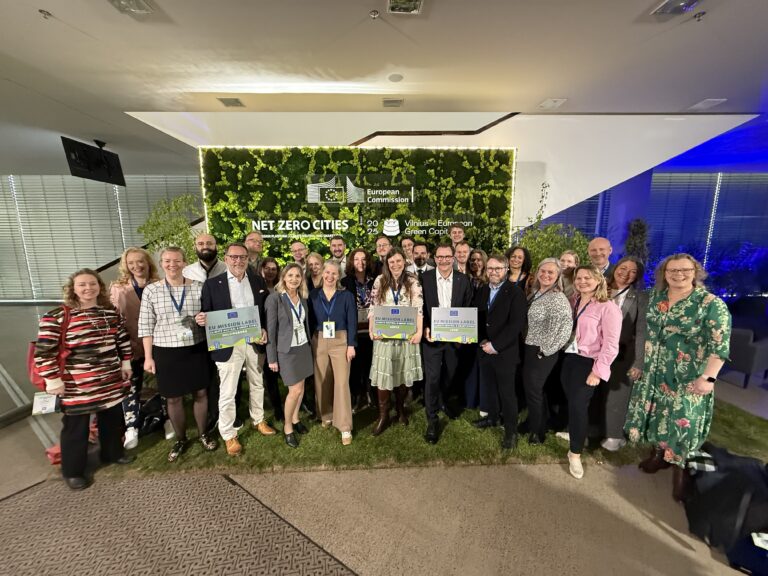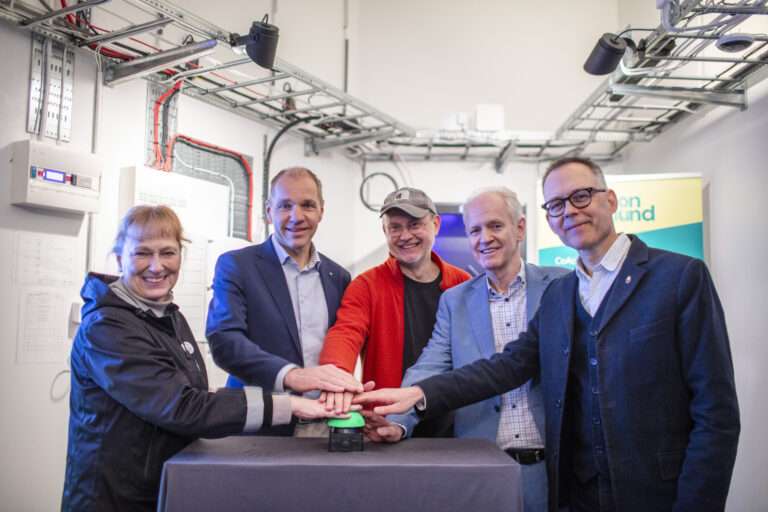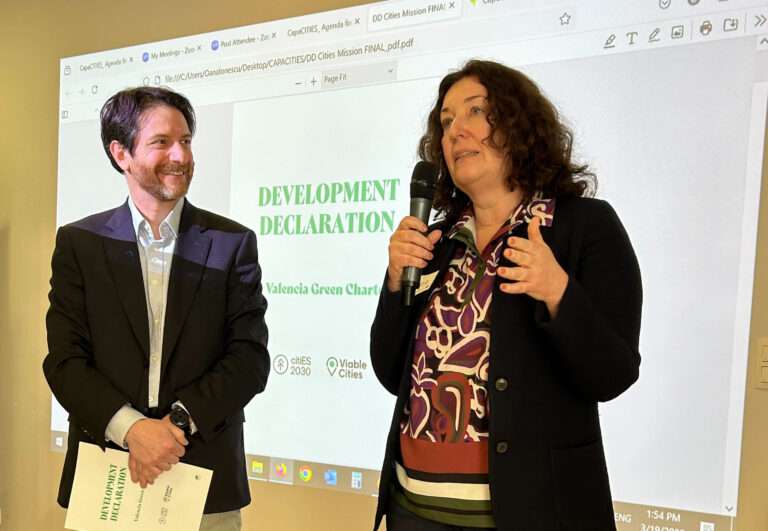Viable Cities is on site in Brussels for the Driving Urban Transitions (DUT) partnership policy conference as well as the kickoff for the first 48 projects covering the transition pathways 15-minute Cities (15mC), Positive Energy Districts (PED) and Circular Urban Economies (CUE).
During three days policy makers and project managers gather in Brussels for the annual DUT Conference.
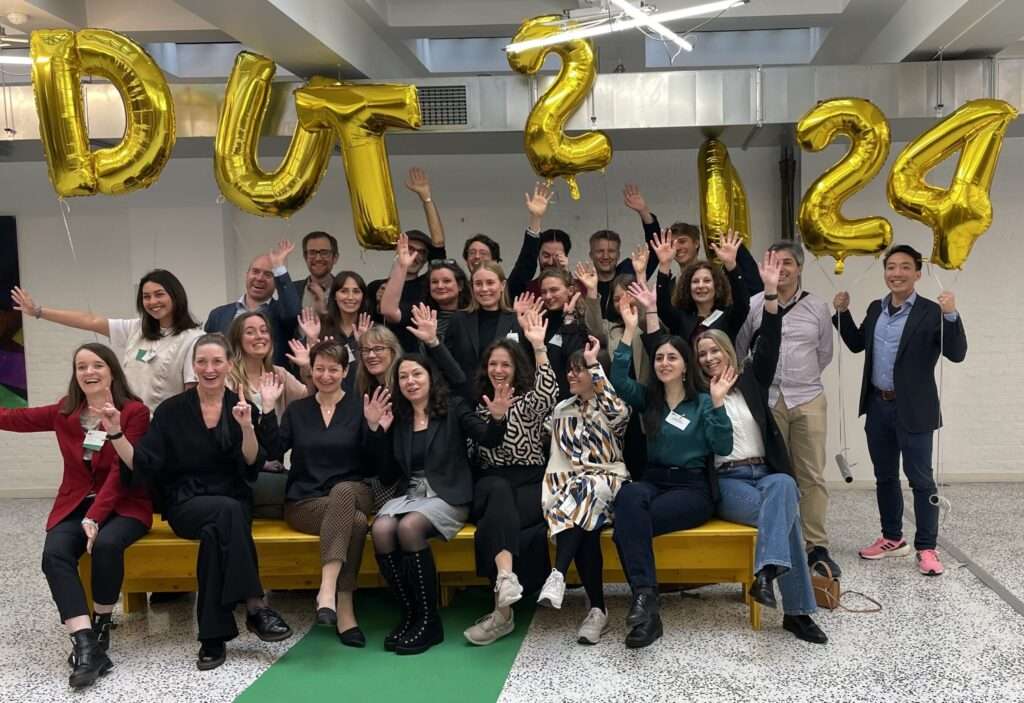
The first DUT call
The main tool of the DUT Partnership Program are calls for proposals where researchers and other stakeholders can apply for funding. The DUT Conference 2024 marks the beginning of 48 projects from the first DUT call in 2022, ramping up efforts to support national initiatives, contributing to the European Mission of climate-neutral cities, the European Green Deal, and the Urban Agenda for the EU. The projects will run for approximately three years.
The results of the first call within the partnership showed that there is a great interest for DUT in Sweden. There were more participants and main applicants in the projects from Sweden than from other countries, and Sweden’s participation in the call is, as previously reported, a success.
DUT will arrange calls for proposals within the three pathways once every year moving forward.
DUT Conference 2024 – it’s all about societal transformation
The DUT Conference 2024 has brought together urban leaders, practitioners, researchers, investors, and visionaries at the forefront of sustainable urban transition to discuss key questions to drive sustainable urban transitions in Europe. Several of the panellists from the first day stressed that climate transition is all about societal transformation and that the way to success lies in the understanding of this, as well as the fact that local knowledge is essential to create trust.
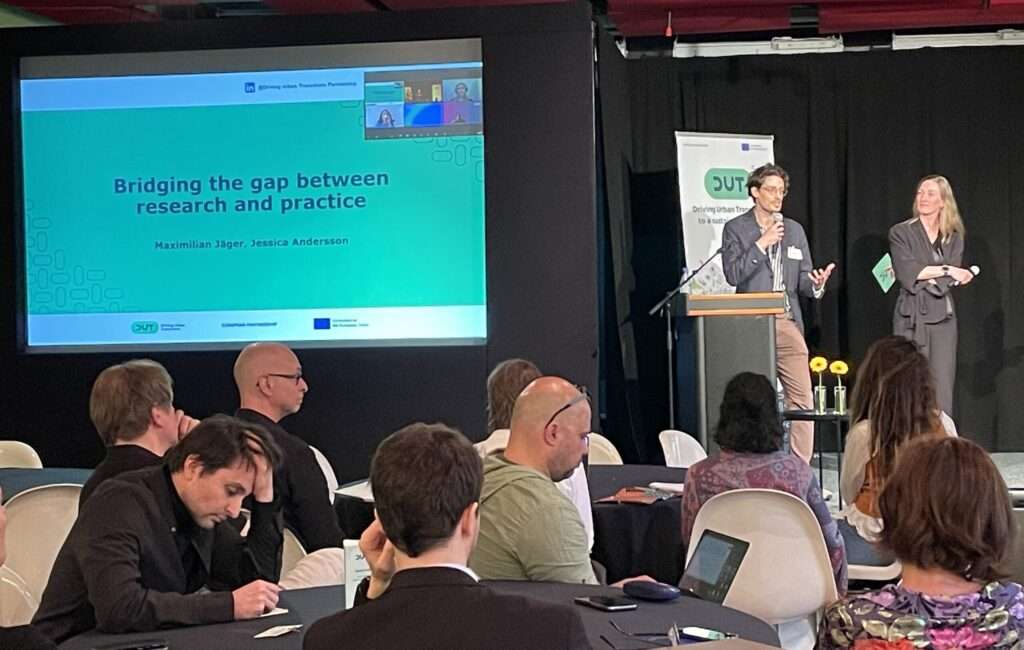
Viable Cities’ Jessica Andersson, project manager within internationalisation, and Marie Ivarsson, strategist, are participating in the Brussels conference. Jessica, along DUT colleague Maximilian Jäger, expert in mobility strategy and innovations for climate-neutral cities at AustriaTech, held a presentation on DUT instruments, such as City Panels, Knowledge hubs and scaling mechanisms, and welcomed the project partners to the next City Panel in Umeå, Sweden, in May. On site were also representatives from the Swedish funding DUT-partners Formas, Vinnova and The Swedish Energy Agency, and of course also The Swedish Centre for Innovation and Quality in the Built Environment (IQ Samhällsbyggnad), the key event coordinator for the kick off.
Takeaways from the days include insights on how new approaches to tackle resistance to change can make a positive difference, and the importance of bridging the gap between research and practice to accelerate the transition.
